
Meghan Rosen
Staff Writer, Biological Sciences, Science News
Meghan Rosen is a staff writer who reports on the life sciences for Science News. She earned a Ph.D. in biochemistry and molecular biology with an emphasis in biotechnology from the University of California, Davis, and later graduated from the science communication program at UC Santa Cruz. Her work has appeared in Wired, Science, and The Washington Post, among other outlets. Once for McSweeney’s, she wrote about her kids’ habit of handing her trash, a story that still makes her (and them) laugh.

All Stories by Meghan Rosen
-
 Health & Medicine
Health & MedicineZika birth defects: Concerns spread from head to toe
Zika infections may trigger problems well beyond babies born with small heads and brains. Scientists have begun linking a range of head-to-toe health ails to the virus.
-
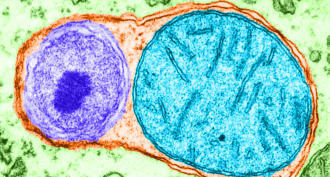 Life
LifeNobel awarded for unveiling how cells recycle their trash
Cell biologist Yoshinori Ohsumi has won the 2016 Nobel Prize for physiology or medicine for discovering how cells take care of housekeeping.
-
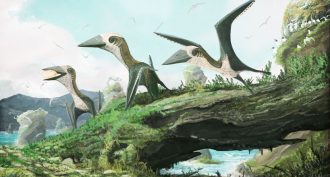 Fossils
FossilsMini pterosaur from the age of flying giants
Not all pterosaurs flying the Cretaceous skies had a wingspan as wide as a school bus is long. Some, new fossils show, were smaller than modern eagles.
-
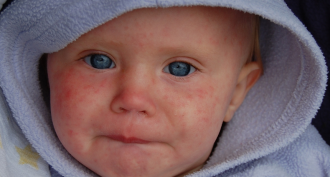 Health & Medicine
Health & MedicineMeasles in the Americas: Going, going — gone!
The Americas have at last shed a major childhood scourge: measles. The viral infection used to kill hundreds of children each year. Now the hemisphere only sees cases spread by travelers.
-
 Health & Medicine
Health & MedicineZika can damage the brains of even adults
The Zika virus can damage a developing baby’s brain. The infection can also kill off an important type of cells in adult brains, a new mouse study finds.
-
 Health & Medicine
Health & MedicineEnd of Latin America’s Zika epidemic is in sight
A computer simulation suggests the Zika epidemic in Latin America is peaking and may not strike hard again for up to three decades.
-
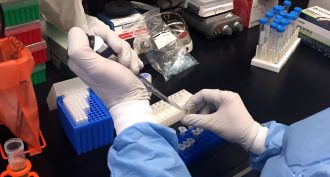 Health & Medicine
Health & MedicineU.S. mosquitoes now spreading Zika virus
Scientists had worried that if people sick with Zika came to America, local mosquitoes might bite them and spread the disease. That’s now happened.
-
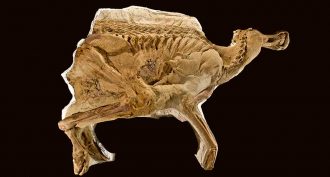 Fossils
FossilsParasites wormed their way into dino’s gut
Tiny burrows crisscross the stomach of a 77-million-year-old dinosaur fossil. These may be tracks left behind by slimy parasitic worms.
-
 Science & Society
Science & SocietyStrict gun laws ended mass shootings in Australia
Australia enacted tough gun laws in 1996, which cut gun exposure — especially to semiautomatic weapons. Since then, new data show, that nation has experienced zero mass shootings.
-
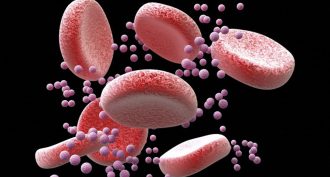 Health & Medicine
Health & MedicineZika vaccines look promising
As a Zika epidemic surges through Brazil and northward, scientists are looking for drugs to keep more people from becoming infected. Several vaccines show promise in early tests — but none has yet been tried in people.
-
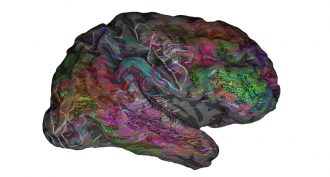 Brain
BrainMapping word meanings in the brain
A detailed new map shows that people comprehend words by using regions across the brain, not just in one dedicated language center.
-
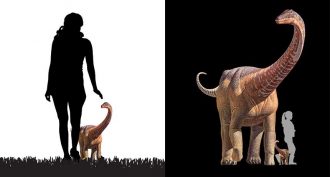 Fossils
FossilsBaby titanosaur was a mini version of its parents
Fossils show that baby titanosaurs looked like mom and dad. They may have been active and independent from a young age.